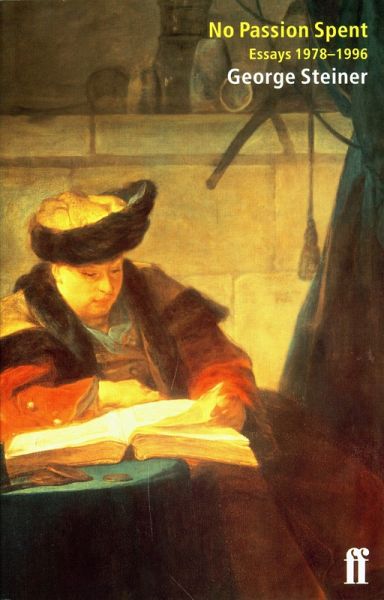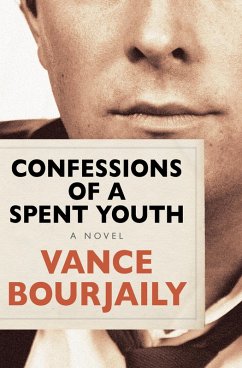
No Passion Spent (eBook, ePUB)

PAYBACK Punkte
0 °P sammeln!
This is an extraordinary collection of essays by one of this country's most exciting and dramatic thinkers.The essays span a considerable time. But they turn on a central, compelling theme. What is meant by reading a serious text at a time when theories of language and literature question the very possibility of any agreed meaning, and at a time when new technologies seem likely to replace books as we have known them since Gutenberg. This question is brought to bear deliberately on the touchstone examples: the Bible, Homer, Shakespeare. Also on Kierkegaard and Kafka. The closely-meshed collect...
This is an extraordinary collection of essays by one of this country's most exciting and dramatic thinkers.The essays span a considerable time. But they turn on a central, compelling theme. What is meant by reading a serious text at a time when theories of language and literature question the very possibility of any agreed meaning, and at a time when new technologies seem likely to replace books as we have known them since Gutenberg. This question is brought to bear deliberately on the touchstone examples: the Bible, Homer, Shakespeare. Also on Kierkegaard and Kafka. The closely-meshed collection ends with a series of essays on the philosophic-theological underwriting of communication, with particular reference to what language tells us of Socrates and of Jesus. These essays by George Steiner, distinguished critic and Extraordinary Fellow at Churchill College, Cambridge, seek to conjoin the themes argued in such books as The Death of Tragedy, Language and Silence, After Babel and Real Presences. They speak of a profound, if sometimes troubled, joy.
Dieser Download kann aus rechtlichen Gründen nur mit Rechnungsadresse in A, B, BG, CY, CZ, D, DK, EW, E, FIN, F, GR, H, IRL, I, LT, L, LR, M, NL, PL, P, R, S, SLO, SK ausgeliefert werden.









